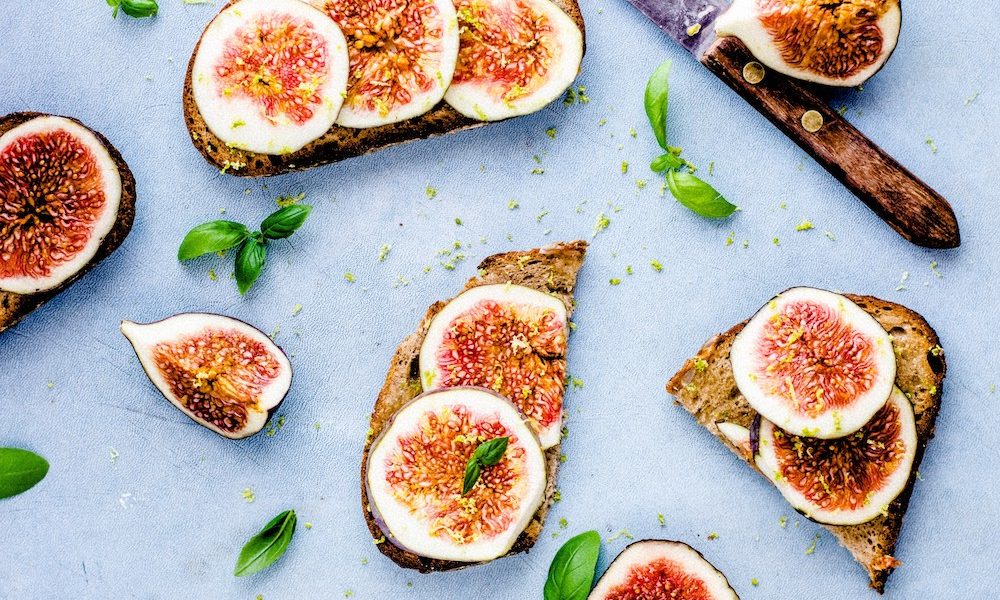While the concept of intuitive eating may seem nebulous to some, there is a scientific basis that explains why it’s a natural part of your body. Know what it is, and learn how it can help you regain perspective on the way you eat.
BY: EMILY FONNESBECK, RD, CD, CLT
If you’ve heard about Intuitive Eating, you may be wondering: what exactly is intuition? It can be difficult to wrap your head around, especially in a nutrition culture built on logic and rules.
However, it’s not as hard to grasp as some may assume, especially when it comes to eating.
The truth is, you use it more often than you think.
Intuition is defined as “the ability to understand something immediately, without the need for conscious reasoning”. In fact, intuition is actually science-based – neuroscience has identified how the brain receives feedback from our cells and tissues as well as feedback from our outside world.
It subconsciously draws conclusions for us that could be described as “instinct”, so there’s an actual scientific basis for how our physical body’s systems communicate and work together in an intuitive way.
So what does this have to do with food?
Intuitive Eating is not about avoiding reason and logic, it’s about not solely relying on it. Instead, we combine our thoughts, reason, science. and logic with our intuitive signals (often called interoceptive awareness) of satisfaction, hunger, fullness and yes, even cravings. In fact, that combination is exactly what you need to help you foster as you’re making peace with food.
We tend to live in our own heads, completely cut off from the neck down, when it comes to making decisions about food. In fact, most people want to disconnect from their body. This could be due to poor body image, disappointment with it, lack of acceptance for its genetics (predetermined size and shape), or just plain lack of time with too much else to think about or do.
Why would that be a problem?
Well, it’s really hard to want to take care of something that you dislike, or don’t think much about. It will be incredibly important to listen to your body to some degree if you hope to cultivate health and well-being. Listening to your body and letting it guide your choices will be essential. That doesn’t mean you don’t think and reason; it just means you integrate the two together.
In fact, intuitive eating is anything but impulsive. The goal is to learn how to be more proactive, intentional and mindful about the choices you make. However, that’s done with a lot of flexibility and variety while being practical and realistic. It’s about connection, trust, and respect, which create more positive experiences with food that build confidence in your ability to care for yourself.
For example, you’ve likely experienced times when you really wanted to eat something, but you’ve decided on a rule to not eat it and attempted to reason yourself out of it.
Maybe it was cake, and instead of eating the cake, you decided to have fruit to satisfy the craving for something sweet. It may work, or it may not. If it doesn’t work, you may have moved on to more fruit or maybe some nuts or some rice cakes until you finally just gave in and had the cake. If you had started with the cake, you would not have eaten all the other foods or wasted a lot of time hoping to avoid the cake.
The point is, rules are probably only helpful if they are effective.
However, if they get in the way of using common sense – or instinct – to solve your problems, they become deterrents of your natural instincts. You see, a basic tenant of Intuitive Eating is to create a safe, flexible structure that helps you make choices that honor and respect what your body needs.
Practice building confidence in using your own intuition,
And rediscover what your body’s meant to do.
Adapted from the original article.
HEADER IMAGE: MONIKA GRABKOWSKA
Emily Fonnesbeck, RD, CD, CLT is a Utah-based private practice Registered Dietitian. Instead of creating unnecessary restrictions, Emily focuses on helping individuals become confident and in charge of their own well-being through Intuitive Eating and Mindful Living. She is a strong believer and advocate for helping people become capable individuals who are confident in taking care of themselves. Make a visit and read more from Emily.

